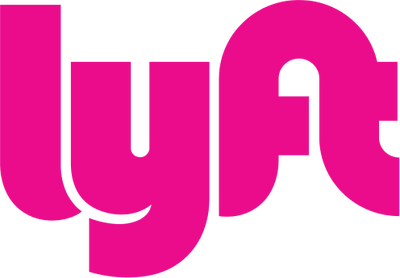Data Science Internship, Lyft
Algorithms, Summer 2025
Salary not provided
The expected range of pay for this position in the San Francisco Bay Area area is $56 - $62/hour USD
SQL
Python
R
Tensorflow
NumPy
Scikit-Learn
NLTK
SpaCy
PyTorch
Keras
San Francisco Bay Area
More information about location
3 days a week in office
Ride sharing company
Job no longer available
Salary not provided
The expected range of pay for this position in the San Francisco Bay Area area is $56 - $62/hour USD
SQL
Python
R
Tensorflow
NumPy
Scikit-Learn
NLTK
SpaCy
PyTorch
Keras
San Francisco Bay Area
More information about location
3 days a week in office
1001+ employees
B2CTravelTransportMobilityRidesharing
Company mission
To improve people’s lives with the world’s best transportation.

